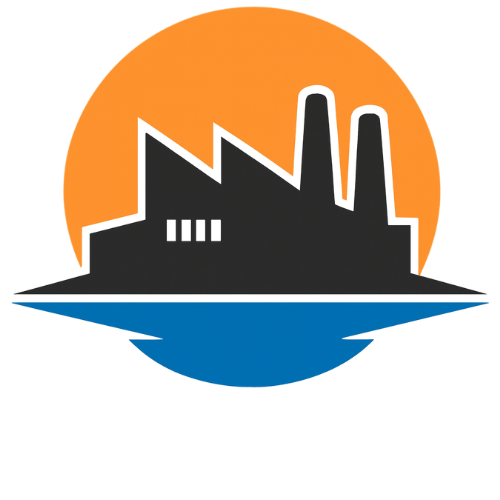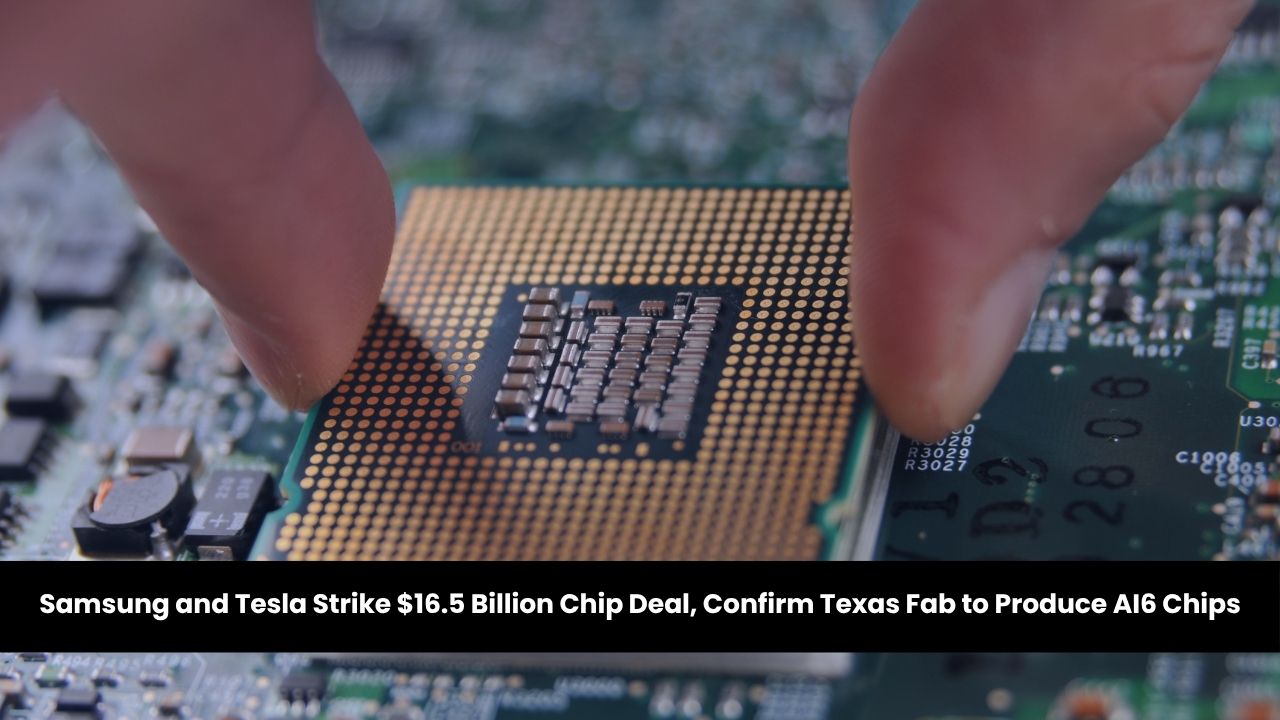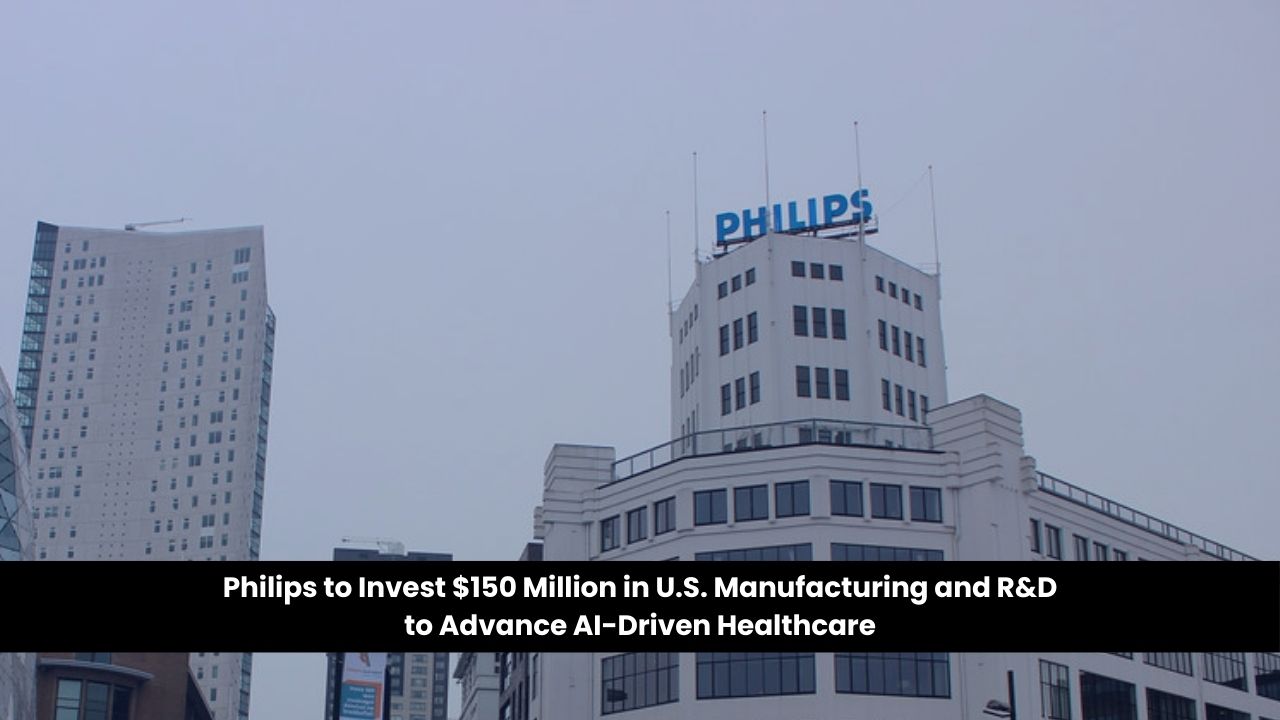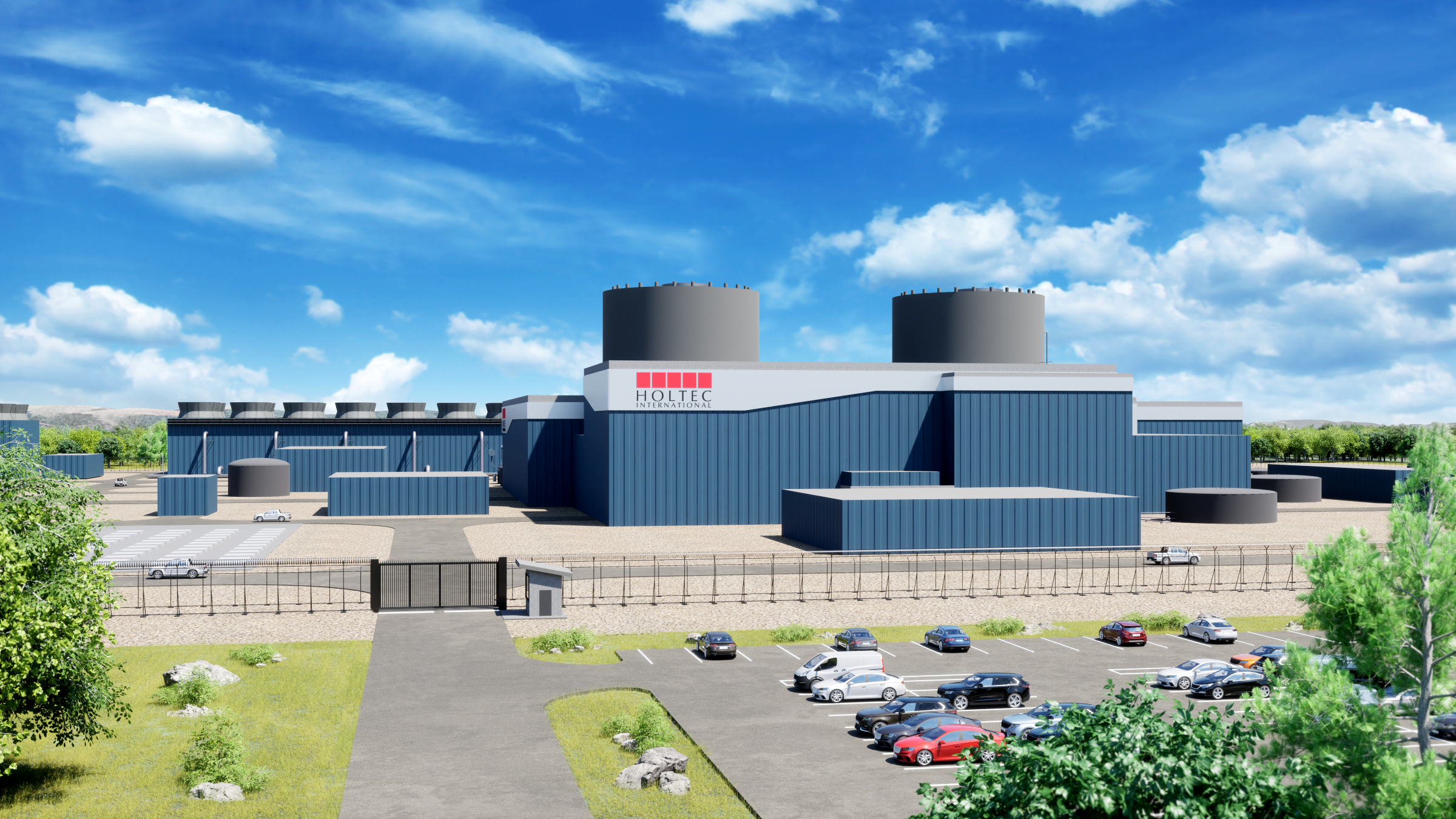Key Takeaways
• Samsung Electronics has secured a $16.5 billion chip manufacturing contract with Tesla.
• Elon Musk confirmed Samsung’s new Texas facility will produce Tesla’s AI6 chips.
• The contract runs through 2033 and is expected to expand well beyond its initial value.
• This marks a critical development in Samsung’s efforts to regain ground in advanced chip manufacturing against TSMC.
• The partnership signals closer U.S.-South Korea technology ties amid ongoing tariff negotiations.
A Landmark Deal Confirmed by Musk
Samsung Electronics has entered into a $16.5 billion agreement to manufacture advanced chips for Tesla, a major win in its push to expand its foundry business. Although Samsung initially withheld the client’s identity, Elon Musk publicly confirmed the partnership on X, ending speculation around the announcement made over the weekend.
In his posts, Musk outlined that Samsung’s new semiconductor fab in Texas will manufacture Tesla’s next-generation AI6 chips. He noted the fab’s proximity to his residence and emphasized his hands-on involvement, stating he would “walk the line personally” to speed up operations. He also revealed that Tesla will actively collaborate to improve production efficiency, a detail not previously known.
Strategic Implications for Samsung’s Texas Fab
This agreement comes at a time when Samsung’s Texas facility has faced delays and an uncertain customer pipeline. With the Tesla deal now public, production at the site is expected to gain momentum. The foundry had been under scrutiny for lagging in customer acquisition while TSMC continued to dominate the advanced chip segment.
According to Musk, the Texas plant will focus on producing the AI6 chip, while TSMC will handle AI5 production—initially in Taiwan and later in Arizona. Samsung is currently producing AI4 chips.
The long-term nature of the deal, set through the end of 2033, and Musk’s remark that the $16.5 billion is just the “bare minimum” suggest the agreement could scale further in both value and scope.
Competitive Pressure and Technological Catch-Up
Samsung’s foundry unit has been under financial strain, posting estimated losses of over 5 trillion won ($3.63 billion) in the first half of 2025. The contract with Tesla is expected to alleviate some of that pressure. Analysts noted that the deal should help reduce the division’s losses significantly.
While Samsung remains the global leader in memory chips, it has lost ground to TSMC in the high-performance logic chip market. TSMC’s edge in advanced node manufacturing has led major players like Apple and Nvidia to favor it for cutting-edge chips.
Samsung is still working to stabilize yields on its newer 2-nanometer process, and analysts believe this Tesla contract will likely rely on more mature technologies rather than the most advanced nodes.
Geopolitical Context and U.S.-Korea Trade Relations
The agreement arrives amid broader efforts by South Korea to strengthen its economic and technological partnership with the United States. Ongoing negotiations aim to limit or remove potential 25% tariffs on Korean exports, including semiconductors and shipbuilding equipment.
The Tesla-Samsung deal may further solidify bilateral ties, especially in key sectors like AI and chip manufacturing, which are increasingly seen as strategic national priorities by both governments.




